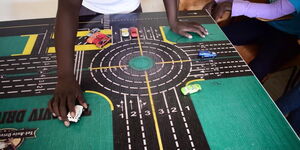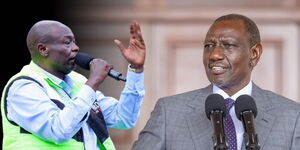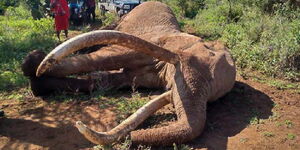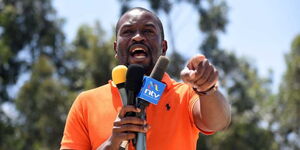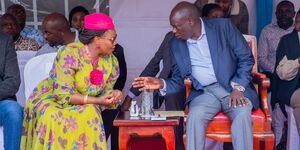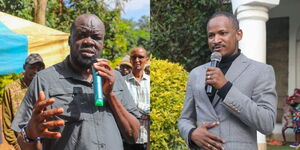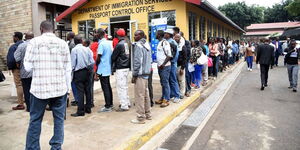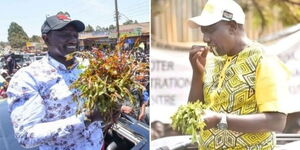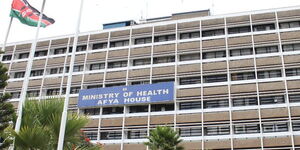An academic paper reportedly written by a Kenyan became the topic of discussion during a parliamentary session in South Korea on Monday, May 9.
The paper threw the Plenary into disarray and heated exchanges among Korean lawmakers when Justice Minister nominee, Han Dong-hoon, appeared for cross-examination by the House.
A section of South Korean lawmakers accused the nominee's daughter of taking advantage of her father's status to gain access to the best academic writers from Kenya to build an outstanding resume.
"You have said that your daughter received no outside assistance in writing the paper, yet evidence indicates that a ghostwriter in Kenya actually wrote it," Democratic Party lawmaker, Kim Nam-Kuk, questioned the Justice Minister nominee.
"In your initial explanation, you knowingly lied and you should apologise for that blatant lie."
Defending his daughter, the nominee noted that the paper was written by a high school student and it was not meant for college entrance purposes.
Another Korean lawmaker accused Han's daughter of attempting to build a resume to win admission to top US universities through ghostwriting and taking advantage of Kenyan academic writers.
"This has all the appearances of something intended to smoothen the admission process, and it is crucial that we determine the facts," he insisted.
During the heated session, the identity of the Kenyan writer was not revealed but it was discovered the academic paper was pulled down from the site it was published on.
"It was taken down because the other volunteers besides my daughter were all minors who should not be subject to attacks. That’s nothing to condemn,” Han stated in defense of his daughter.
The minister nominee, who now risks losing his job, appealed to the House to drop further investigations into his daughter as that would affect her life.
The debate comes just months after a US media house, CBS Television, published an investigative piece exposing the booming academic writing industry in Kenya.
The report indicated that American students pay youthful graduates to write their exams and other assignments.
According to the report by CBS's Debra Patta, Kenyan youths receive about Ksh2,000 to about Ksh5,000 per page on those assignments.
Account-holders take home about 75 per cent of the share with now Kenyan writers who are hired on a contract basis taking home between Ksh500 and Ksh1,200 per page (about 275 words).
Despite revealing the thriving academic writing industry in Kenya, it exposed academic cheating in the US with most stakeholders arguing that the society was raising graduates with no actual skills.

